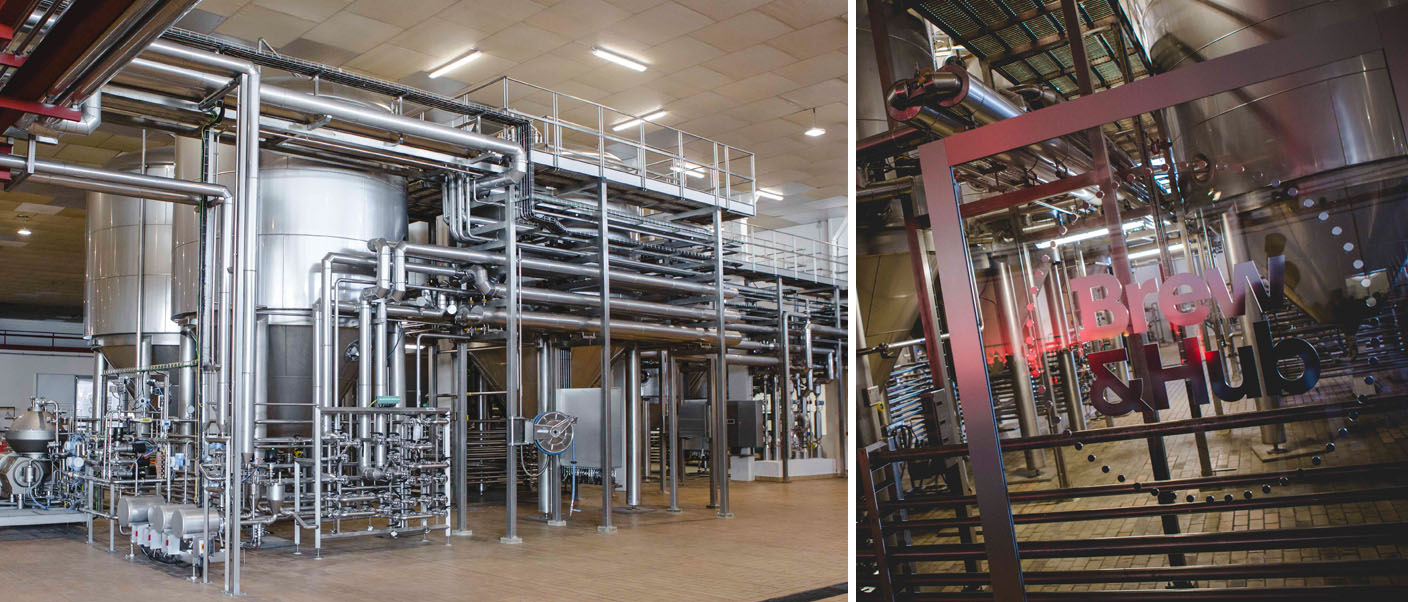The craft beer sector is facing growing challenges due to increased competition, as, despite increased demand, this demand is not capable of absorbing the ever-growing proliferation of new brands in the market.
In a fragmented market, distribution and marketing are becoming increasingly important. In light of this reality, Contract Brewing is becoming more and more central, as it allows the brand owner to focus its efforts where they truly add value.
The true value of a brand resides in the brand itself and not in production
Types of brewers
Brewers that typically opt for contract brewing include the following:
- “Gypsy”: Those that from the outset opt to not set up a brewery and to produce their own beers in the facilities of third parties, focusing on sales and marketing.
- International: Those that, instead of exporting their own production, opt to produce in local breweries in the places where their beers are sold.
- Growing: When a brewer sees its sales grow and its capacity has reached its limit, it can opt to transfer production of its highest-volume beers to other breweries, keeping innovation in its own facilities.
Types of breweries that offer contract brewing services
Breweries with their own beer brand will prioritize their production over that of third parties
- First, there are those whose main activity is brewing for third parties, for which they are conceived of, planned, set up and sized to offer this type of service with high levels of quality and versatility, for example the Brew&Hub.
- Second, we have breweries that produce their own beers and offer their downtime for brewing beers for third parties.
Advantages of Contract Brewing
- It does not require any type of investment, and therefore few fixed assets are required, which makes it possible to dedicate all of your financial resources to sales and marketing. The only essential expenditure is payment for the amount of beer you want to have in stock.
Setting up a brewery with quality and sufficient capacity to compete in today’s market cannot be done for less than €500k, to which the costs of space and employees to be paid monthly must be added. Opting for Contract Brewing avoids that investment and the associated fixed costs.
- Once a price is negotiated with the brewery that will produce your beer, it will not vary, making it possible to construct a pricing strategy with minimal deviation.
We know that diverse problems and incidents can arise in a brewery that can make the cost of different batches vary.
- They typically offer quality facilities, protocols and standards that enable beer brewing with high levels of consistency and quality.
- In the case of international brewers, opting to produce in the local market, besides the lower transport costs, ensures that the product is fresher and reduces the carbon footprint associated with transport.
The Downside of Contract Brewing
- You will have to accurately plan your production and stock, as you will not always be able to produce whenever you want, and you will depend on the production and packaging windows of the brewery. This problem can be solved with good planning and communication with the brewery through quarterly or yearly forecasting.
This Contract Brewing model also works for other products of the sector, such as kombucha, cider, hard seltzer, sparkling waters, etc. Some of the breweries that offer Contract Brewing services for beer also have the ability to produce all of these other beverages.












Comments